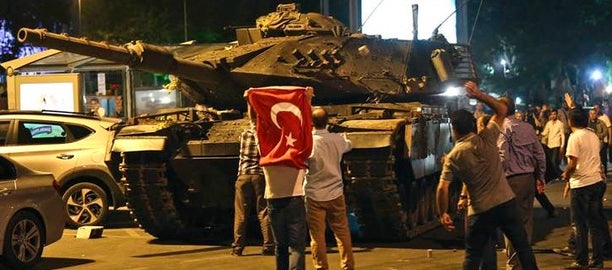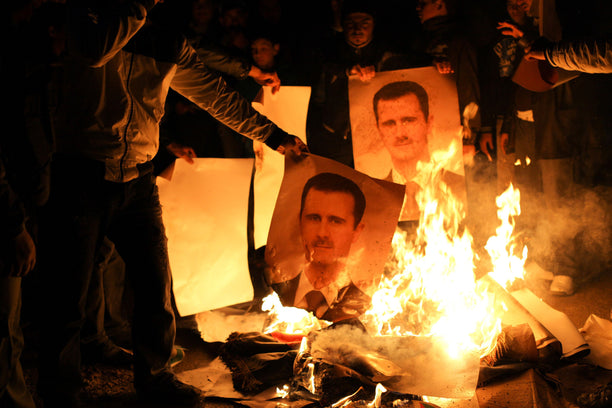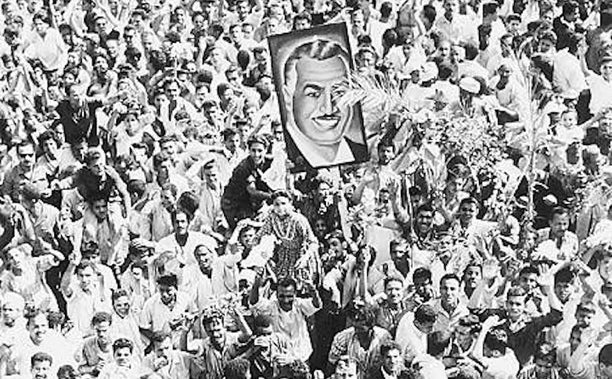
Africa’s 1968: Protests and Uprisings Across the Continent
Protests and conflicts on the African continent throughout the 1960s had their own internal dynamics but were also linked closely with wider international events and developments.

Protests and conflicts on the African continent throughout the 1960s had their own internal dynamics but were also linked closely with wider international events and developments.

Partly inspired by 1968 student uprisings around the world, the New Left in Morocco emerged as a revolutionary alternative to the traditional Communist parties and the nationalist movement.

Turkey's 1968 generation presents an interesting case, not only because the country was undergoing a major transformation, but also because it was a devout NATO ally neighboring the Soviet Union during the Cold War era.
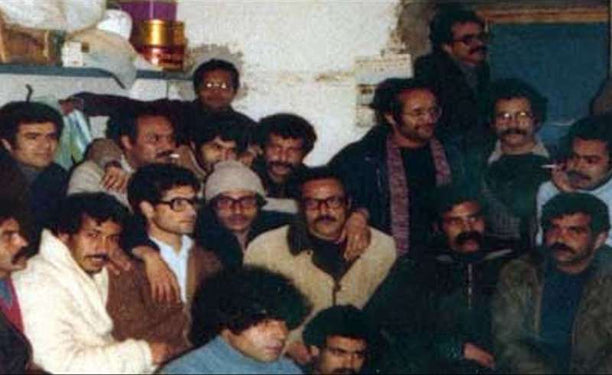
Two months before May 68 in Paris, the student far Left in Tunisia revolted against Habib Bourguiba’s post-independence régime.
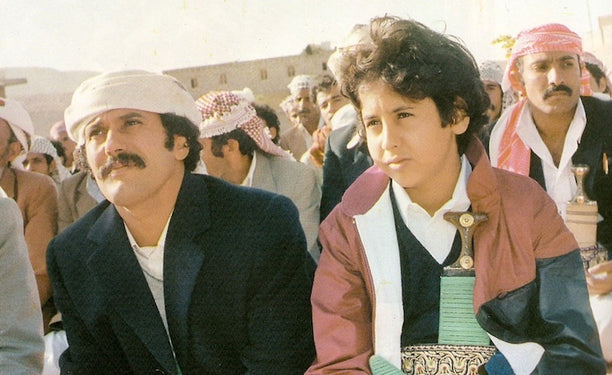
Ali Abdullah Saleh is dead, but his politics are very much alive in Yemen.

In this excerpt from Ibn Khaldun: The Birth of History and the Past of the Third World, Yves Lacoste shows how Ibn Khaldun's work refutes the myth of the "Arab invasions [of the Maghreb] of the eleventh century," despite the uses to which it has been put by the authors of the myth.
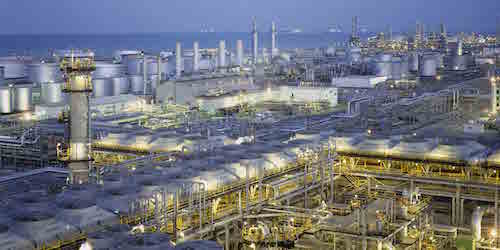

It has become popular today to say that we live in an era of what Benjamin Barber has labelled "Jihad vs. McWorld." The globalising powers of capitalism ("McWorld") are confronted with or resisted by the forces that Barber labels "Jihad" — the variety of tribal particularisms and "narrowly conceived faiths" opposed to the homogenising force of capital. Even those with a critical view of the growth of American empire and the expansion of what is erroneously termed the global market usually subscribe to this interpretation. In fact it is the critics who often argue that we need a better understanding of these local forms of resistance against the "universal" force of the market.
The terms of this debate are quite misleading. We live in an age, to adapt Barber’s nomenclature, of "McJihad." It is an age in which the mechanisms of what we call capitalism appear to operate, in certain critical instances, only by adopting the social force and moral authority of conservative Islamic movements. It may be true that we need a better understanding of the local forces that oppose the globalisation of capital; but, more than this, we need a better understanding of the so-called global forces of capital.
